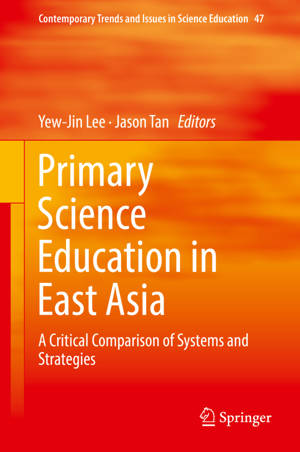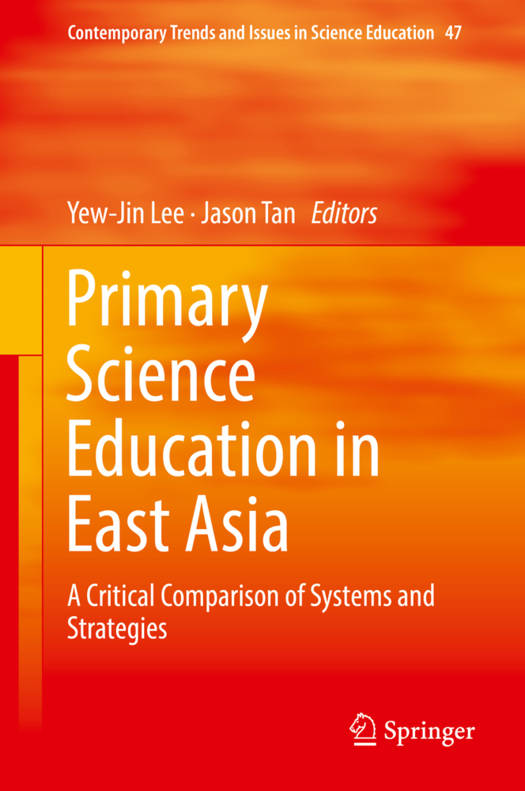
- Retrait gratuit dans votre magasin Club
- 7.000.000 titres dans notre catalogue
- Payer en toute sécurité
- Toujours un magasin près de chez vous
- Retrait gratuit dans votre magasin Club
- 7.000.0000 titres dans notre catalogue
- Payer en toute sécurité
- Toujours un magasin près de chez vous
Primary Science Education in East Asia
A Critical Comparison of Systems and Strategies
105,45 €
+ 210 points
Description
This edited volume is a state-of-the-art comparison of primary science education across six East-Asian regions; namely, the People's Republic of China, Republic of Korea, Republic of China, Hong Kong SAR, Japan, and Singapore. While news of educational policies, classroom teaching, assessment, and other educational innovations here often surface in the international media, this book brings together for the first time relevant information regarding educational systems and strategies in primary science in East Asia. Above all, it is a readable yet comprehensive survey--readers would have an accurate sense of what has been accomplished, what has not worked so well, and what remains to be done. Invited experts in comparative education research and/or science education also provide commentary by discussing common themes across the six regions. These types of critical synoptic reviews add much value by enabling readers to understand broad commonalities and help synthesize what must surely be a bewildering amount of very interesting albeit confusing body of facts, issues, and policies. Education in East Asia holds many lessons (both positive and negative) to offer to the rest of the world to which this volume is a timely contribution to the literature.
Spécifications
Parties prenantes
- Editeur:
Contenu
- Nombre de pages :
- 262
- Langue:
- Anglais
- Collection :
- Tome:
- n° 47
Caractéristiques
- EAN:
- 9783319971650
- Date de parution :
- 10-10-18
- Format:
- Livre relié
- Format numérique:
- Genaaid
- Dimensions :
- 156 mm x 234 mm
- Poids :
- 562 g

Les avis
Nous publions uniquement les avis qui respectent les conditions requises. Consultez nos conditions pour les avis.





